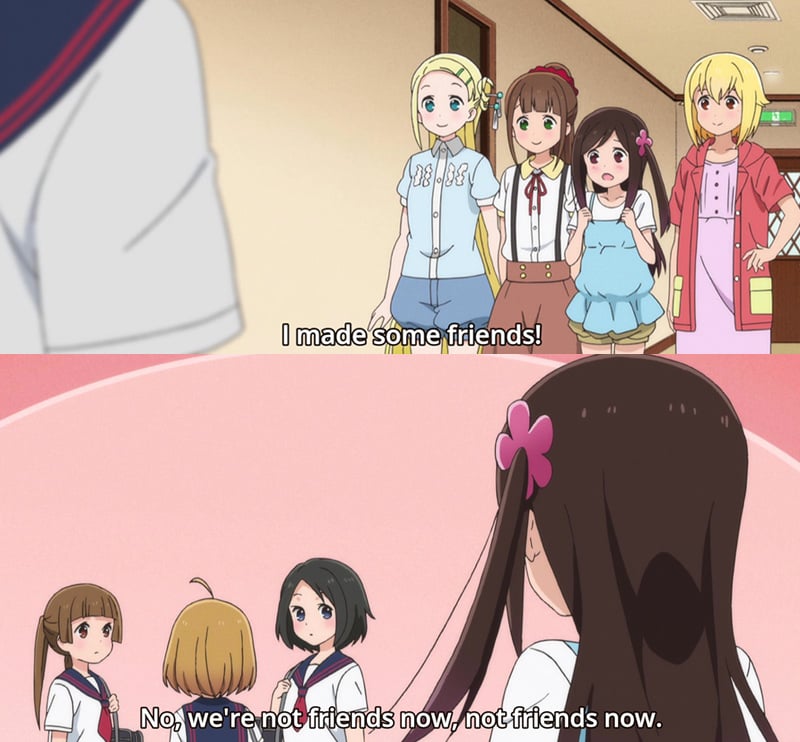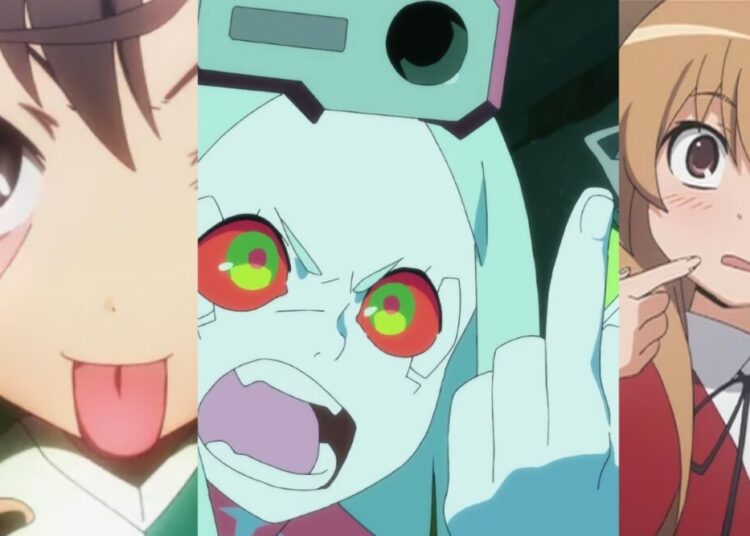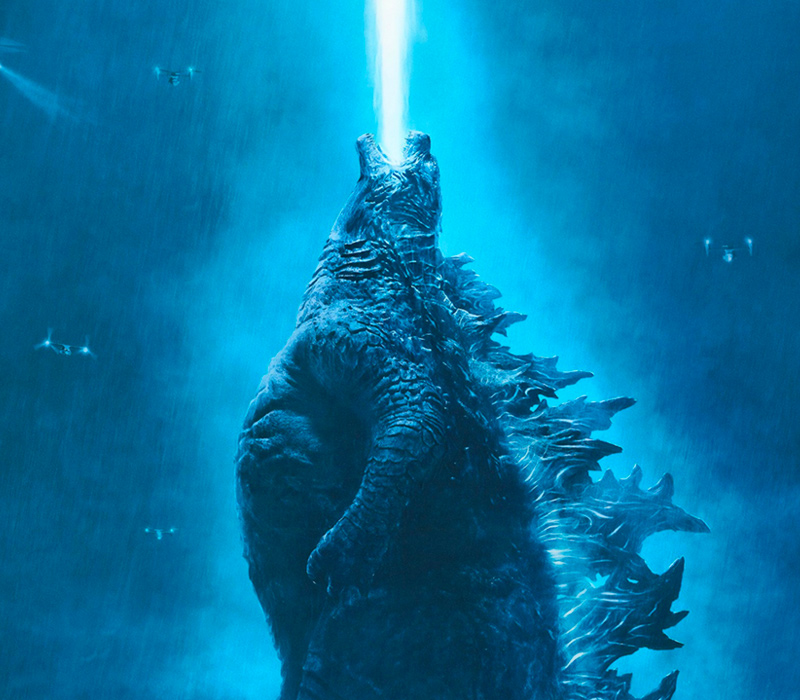
One of the first things you try to learn when studying a new language are the naughty words, the sexy anatomical terms, and of course the insults. But one funny aspect about the Japanese language is, its “offensive” words all lack color, at least compared to the huge variety we have in English. Here are some common Japanese insults…
- 馬鹿 baka, meaning stupid.
- 阿呆 aho, meaning stupid, in Osaka dialect.
- ダサい dasai, meaning lame or unfashionable. It’s a reference to Saitama Prefecture, which like New Jersey or Orange County lies in the cultural shadow of its larger urban neighbor.
- 最低 saitei, literally “the worst.”
- ぼけ boke, dull-witted or dim. This is the same as the boke/tsukkomi in Japanese humor, and the term that describes the blur effect in your smartphone camera.
- うるさい urusai, meaning loud and annoying, corresponding to “shut up!”
No, clearly these milquetoast insults can’t possibly be terribly offensive to the Japanese or anyone else. Let’s explore situations that would be seriously problematic, however.
Having Your Face Stepped On
One powerful social engine in Japan is 紹介 shoukai, which just means to introduce or refer someone to a trusted third party, but it carries a lot of weight with it because the individual or company that’s doing the introducing is putting their reputation on the line for you. If we received an introduction to a new visual novel company by a current partner with which we had a trust relationship but failed to honestly fulfill our side of the relationship, we’d be said to have 顔を踏む kao wo fumu, or “stepped on the face of” the introducing company, which would be a very bad thing for our future business relationships.
Don’t Be a Braggart
Humility is greatly prized in Japan, and everyone likes a person who downplays his successes in a modest way. If you try to tell a Japanese person that they’re beautiful or that their language skills are excellent, they’ll usually refuse your praise profusely. One of the most Japanese things to say when being praised for something is お陰様で okage-sama de, which means “all thanks to you.” This puts the praise back on the person doing the praising, even if they had nothing to do with whatever you had achieved and the phrase makes zero sense logically.
The Worst Insult in Japan: Being Ignored
Surprisingly, the thing that’s most offensive to the Japanese is silence…simple, complete silence for all eternity, called 絶交 zekkou, meaning ceasing all social contact as if the person were dead. In the adorable-as-heck Hitori Bocchi’s ○○ (Maru Maru) Lifestyle, Bocchi encounters her childhood friend Kai-chan in a karaoke room in an emotional scene. Kai was her friend in elementary school but got tired of Bocchi’s crushing social anxiety, and told her she was breaking off her friendship until Bocchi learned to make friends with her entire class. This tough love from Kai-chan motivated Bocchi to do something about her social skills and make more friends.
Cute anime storylines aside, I know whenever I’ve really screwed up in Japan when I’m greeted with the loudest social silence I’ve ever heard. That’s worst insult in Japan.
Got any other topics you’d like to see J-List post about here? Hit us up on Twitter!
J-List’s fiscal year ends at the end of May, which means that the J-List staff will have to take inventory on the various products we have in stock and report it to the Japanese IRS. Rather than count the inventory, we’d much rather sell it to you, so we’re having a huge 15% off all in-stock and download items from now until May 31st! Browse the site now and find some great products to buy before the sale ends! And thanks for helping our staff on inventory day!
















